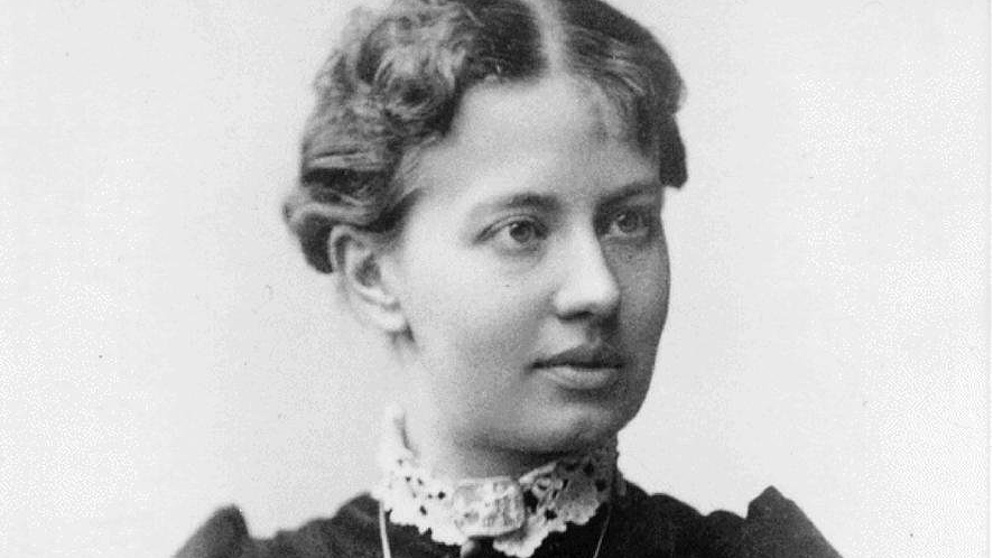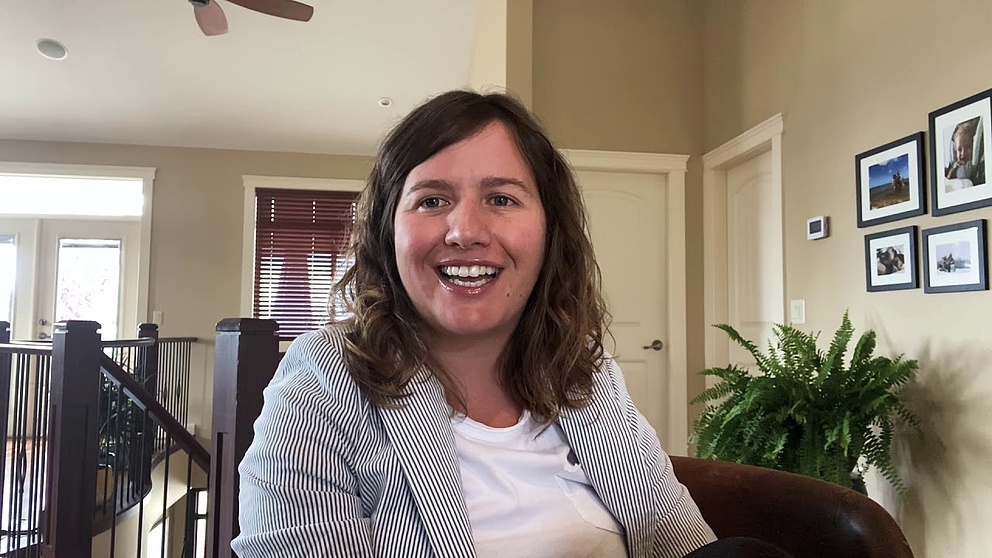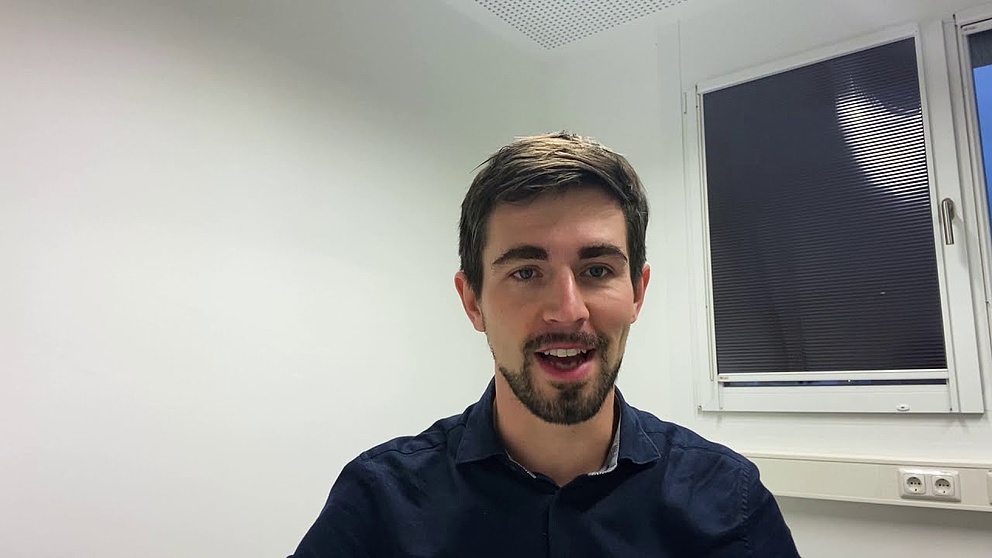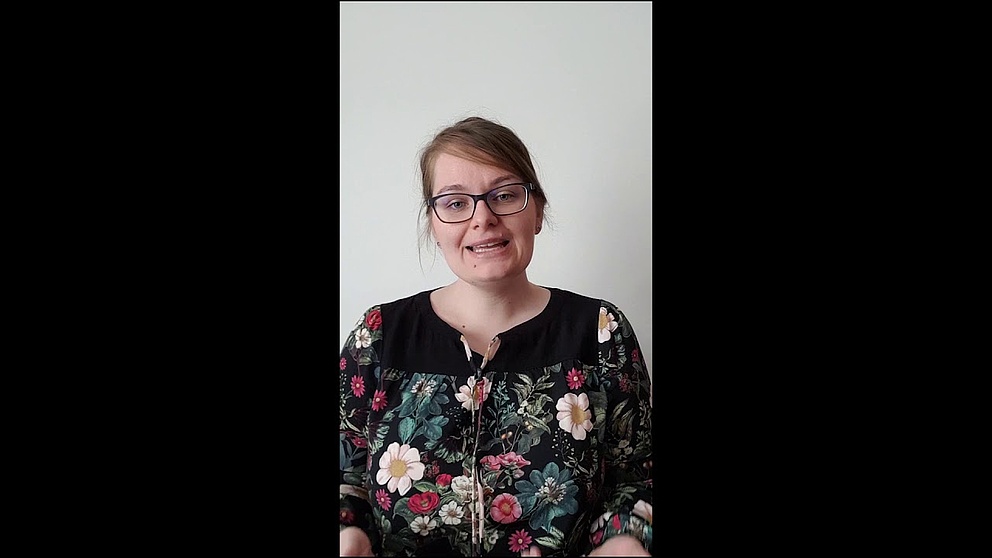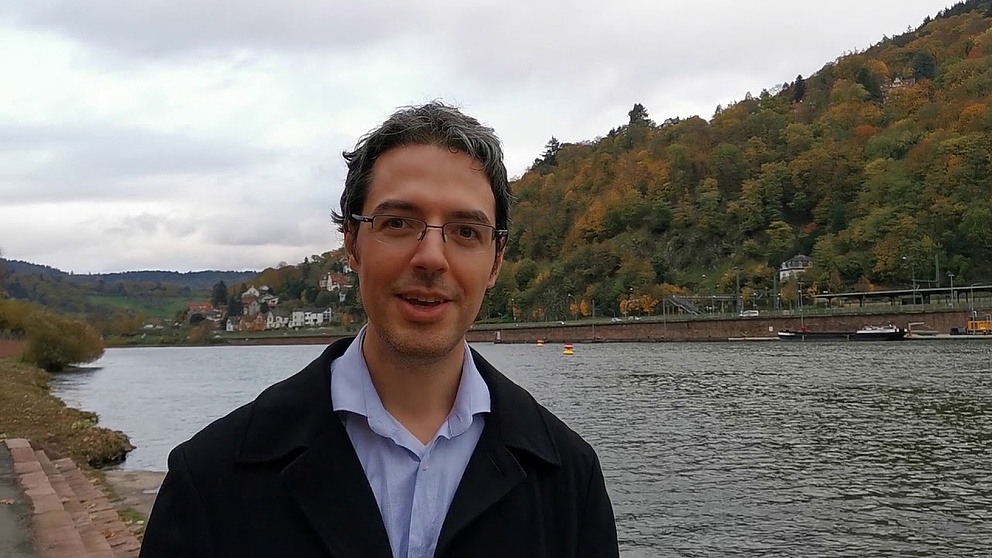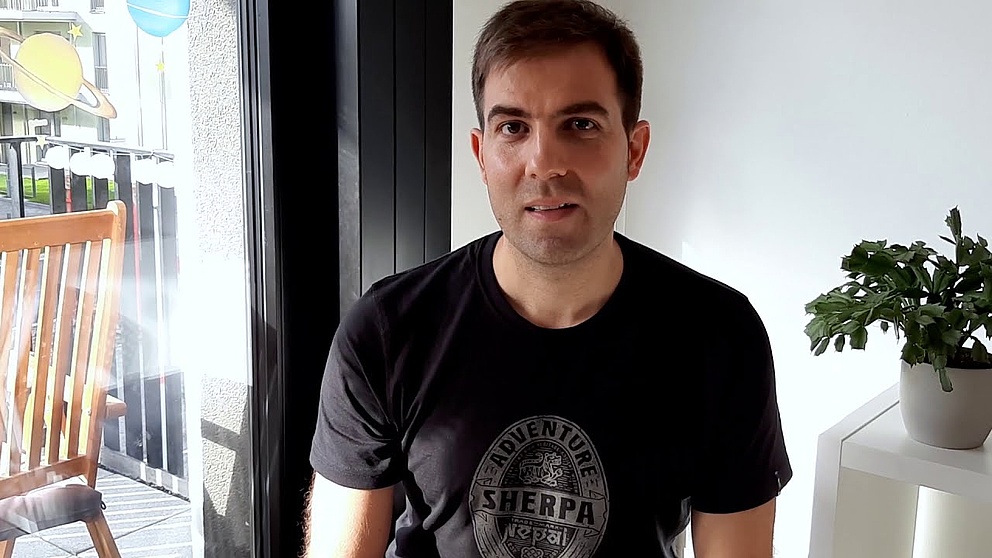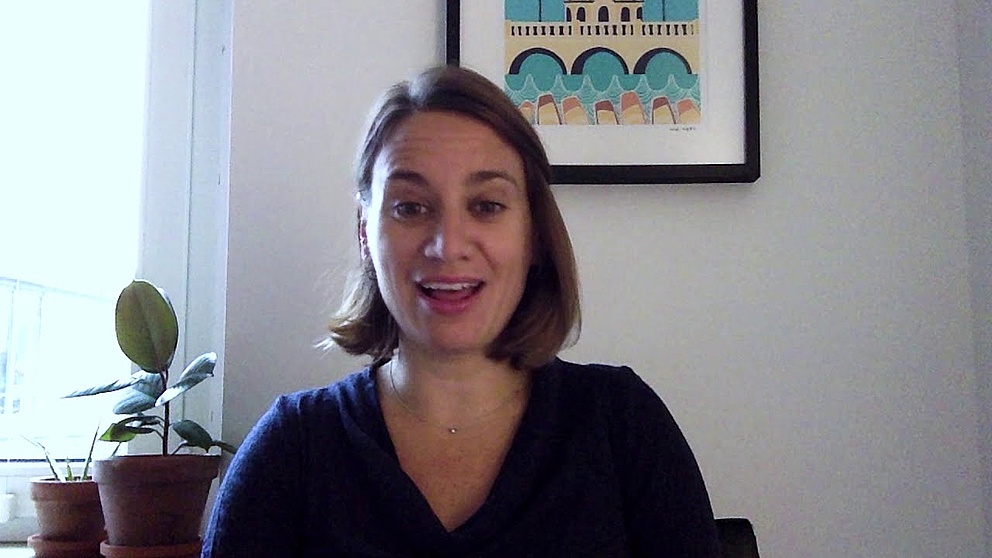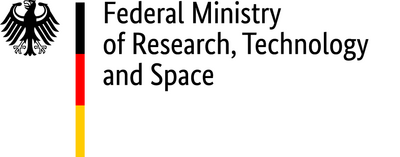Jump to the content
- {{#headlines}}
- {{title}} {{/headlines}}

Contact
Press, Communications and Marketing
Tel.: +49 228 833-144
Fax: +49 228 833-441
presse[at]avh.de
Top-flight award for outstanding research talents
The Sofja Kovalevskaja Award is one of the most valuable academic awards in Germany and allows the recipients to carry out research work under unique conditions: They may spend five years working on a research project at a university of their own choice in Germany and build up their own working groups – independently and largely untroubled by administrative constraints. The award amount may total up to €1.65 million per award winner.
The objective is to integrate internationally sought-after research talents into collaborations with academics in Germany right at the beginning of their highly-promising careers, profiting both the research location and especially junior researchers in Germany. The signal being given is that risk capital is available for young academics in Germany, too.
Scientists and scholars of all disciplines from abroad who have completed their doctorates within the last six years are eligible to apply. The award, which is granted for outstanding talent and a creative approach to research, is funded by the Federal Ministry of Education and Research.
The award is named after the Russian mathematician, Sofja Kovalevskaja, who was born in 1850. She completed a doctorate at Göttingen University with a dissertation on “The theory of partial differential equations” in 1874 and was appointed to a full professorship in mathematics at Stockholm University in 1889.
The Sofja Kovalevskaja Award was granted for the first time in January 2002 to 29 junior researchers from abroad, the youngest of whom was just 27 years old. At the time, the award was financed with a budget of €25 million by the Federal Ministry of Education and Research in the context of the Federal Government’s Investment in the Future Programme (ZIP) from profits gained from auctioning UMTS licences. Prior to being granted the award, the 29 award winners had been working at institutes in 13 countries. Eight of those honoured originally came from Germany.
Who was Sofja Kovalevskaja?
Sofja Kovalevskaja was born in Moscow on January 15, 1850. When she was still a child, her uncle introduced her to mathematics. When she was 11, the walls of her room were papered with pages from Ostrogradski's comments on differential and integral analysis. She knew some of this from discussions with her uncle. Studying the "wallpaper" thus became her introduction to the field of infinitesimal calculus. One year later, Sofja Kovalevskaja learnt trigonometry herself. Her neighbour, a mathematician, recognized her abilities and urged her father to send her to advanced classes in mathematics.
In 1869, already married, she went to Heidelberg in order to begin her studies in mathematics and natural sciences. As a woman, she was refused admission but persuaded the university to allow her to attend lectures unofficially. She studied at Heidelberg University for three semesters, and then moved to Berlin in 1871 to continue her studies under Karl Weierstraß. In spite of the latter's intercession, she was barred from enrolling. Weierstraß became her private teacher for the following four years.
By the spring of 1874, Sofja Kovalevskaja had written three essays, including one on "partial-differential equations" which was published in "Crelle's Journal". In the very same year she received a doctorate from Göttingen University.
In 1882, she published three essays on light refraction. After her husband Vladimir committed suicide in 1883, Sofja Kovalevskaya threw herself into mathematical work, which enabled her to find employment as a university lecturer in Stockholm in 1884. In 1889, she was one of the first women in Europe to receive a university chair at the University of Stockholm. Strindberg's defamation that she had taken away the professorship of a man by occupying this chair was even corrected by the commentators of the Strindberg edition. During her time in Stockholm, she became co-editor of the journal "Acta Mathematica", established contacts with mathematicians in Paris and Berlin and organized international conferences.
Apart from her scientific work, Sofja Kovalevskaja wrote memoirs and stage plays. In 1886, she was awarded the "Prix Bordin" by the French Academy of Sciences. For her further research work, she received the Award of the Swedish Academy of Sciences in 1889 and became member of the St. Petersburg Academy of Sciences in the same year.
Sofja Kovalevskaja died of pneumonia young, on February 10, 1891, in Stockholm.
Sofja Kovalevskaja Award Winners
- Sofja Kovalevskaja Award Winners 2020
- Sofja Kovalevskaja Award Winners 2019
- Sofja Kovalevskaja Award Winners 2018
- Sofja Kovalevskaja Award Winners 2017
- Sofja Kovalevskaja Award Winners 2016
- Sofja Kovalevskaja Award Winners 2015
- Sofja Kovalevskaja Award Winners 2014
- Sofja Kovalevskaja Award Winners 2012
- Sofja Kovalevskaja Award Winners 2010
- Sofja Kovalevskaja Award Winners 2008
- Sofja Kovalevskaja Award Winners 2006
- Sofja Kovalevskaja Award Winners 2004
- Sofja Kovalevskaja Award Winners 2002

